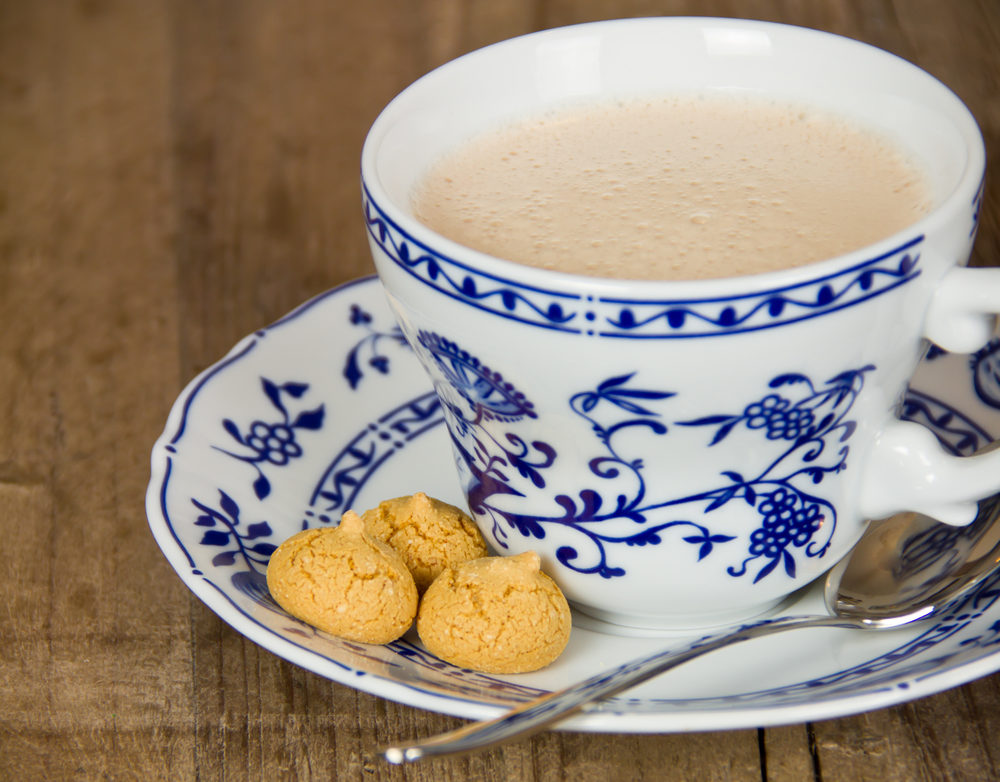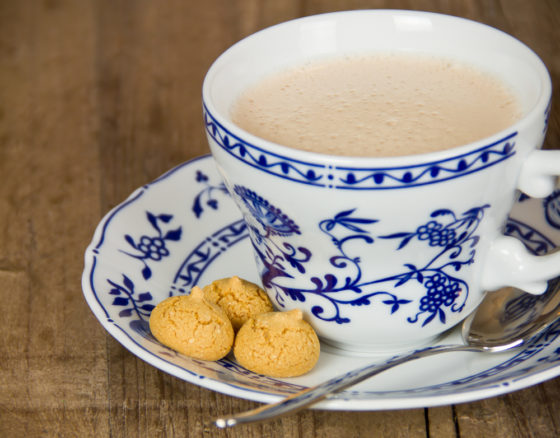Inburgering with Dutch News: 10 ways to be polite to Dutch people

 This summer’s inburgering course is focusing on subjects which were either put on hold, or made impossible, during the height of the coronanvirus pandemic.
This summer’s inburgering course is focusing on subjects which were either put on hold, or made impossible, during the height of the coronanvirus pandemic.
Lesson 30: how to be polite
The Dutch have a reputation for being blunt and direct to the point of rudeness. But there is such a thing as Dutch etiquette. Here are the main things to look out for.
Greetings
Coronavirus has played havoc with the Dutch traditional approach to greetings and shaking hands. Pre coronavirus, shaking hands was one of those norms and values all foreigners have to adopt in order to be truly integrated. You’d walk into a party full of strangers and you would be expected to introduce yourself and shake hands with everyone there. You would shake hands with your doctor, germs and all, with your children’s teachers, with the man who sells you a second-hand car and, well, with just about anyone.
Post coronavirus, the situation has become a lot more fluid. You may be confronted by an outstretched hand which you’d rather not shake, in wish case a smile and a fist bump may do instead. The ‘Jan ,this is John,’ introduction may be followed by an awkward silence. Or you may just think ‘to hell with it’ and carry on shaking hands with reckless abandon, happy in the knowledge you have a secret supply of hand sanitiser in your bag.
Kissing
The situation with kissing is similar, which is a massive relief for many.
Queuing
One of the joys of coronavirus, especially for the Brits in the Netherlands, was the introduction of queuing, everywhere. Sadly, those days are long gone, and a trip to the market is once again a question of sharp elbows, watching your fellow shoppers like a hawk and picking the right spot to get the stall holders’ attention. Old ladies are particularly good at queue jumping.
Hugging
Dutch men don’t hug – unless they’ve got that old university frat house thing going – and if they do there is usually enough space between the hugger and the huggee to drive a coach through. These semi-hugs are usually accompanied by embarrassed pats on the back. Dutch women hug but not at the drop of a hat. Don’t attempt a hug if you’re not sure.
Tea and coffee
Always offer tea or coffee no matter what time of day or night it is. You must have several varieties of herbal tea on offer, including Moroccan Mint. Extra points if you’ve got your own mint plantation and can shove a few sprigs in a glass of hot water. A good plumber will refuse a coffee break with you because it will add at least €50 to the bill.
Offer lots of biscuits
There is a myth out there about the Dutch only offering one biscuit. This is not true. You may not get a biscuit at all. We like to think the one biscuit story comes from the way most cafes give you a little cookie along with your coffee. Which you didn’t order.
Tutoyeren
If you come from a country which does not have a polite form of the you word, you will never get this right. To keep it simple, everyone apart from children and your friends should be addressed as U. If they don’t like it, they will say zeg maar “jij”, hoor! Over-emphasis of the word U plus lots of mijnheer or mevrouw is particularly useful if you want to flatter someone into doing you a favour (like a grumpy gemeente official).
Alsjeblieft
Dutch people are often considered rude because they don’t say please or alsjeblieft all the time. They don’t, but that’s just the way the language works. Beatrijs Ritsema once answered a problem on her etiquette page from a man whose girlfriend wanted him to say alsjeblieft all the time with this: if you are begging, as in ‘pleeeeeeese stop being unfaithful’, then it is okay. But asking for the salt is simply mag ik het zout? However, if you want to impress your Dutch friends with how polite you are, liberally sprinkling your conversation with ‘please’ can work wonders.
Appointments
Don’t turn up unannounced at a friend’s and expect to be welcomed with open arms. The Dutch like to make appointments at least three weeks in advance. And if you are invited to a friend’s home, and they start washing up and making tomorrow’s lunch sandwiches, you should realise it is time to go home. If invited for dinner, check what time you are expected. The Dutch joke about eating promptly at 18.00 hours but lots of them do.
Shall I bring something?
If you do get an invite to a meal or picnic, you can be polite and offer to bring something. Do not be surprised if this generous offer is accepted. We have heard of people being asked to bring the meat. It is also customary in the Netherlands to take flowers or chocolates for your hostess, rather than two bottles of prosecco to cover up the fact you are a bit of an alcoholic. And you won’t get to drink it anyway.
Thank you for donating to DutchNews.nl.
We could not provide the Dutch News service, and keep it free of charge, without the generous support of our readers. Your donations allow us to report on issues you tell us matter, and provide you with a summary of the most important Dutch news each day.
Make a donation